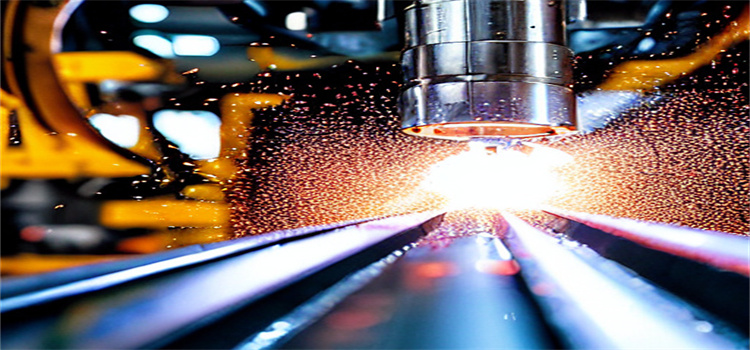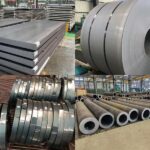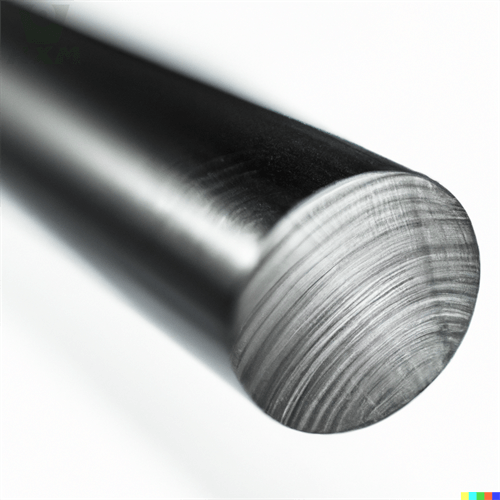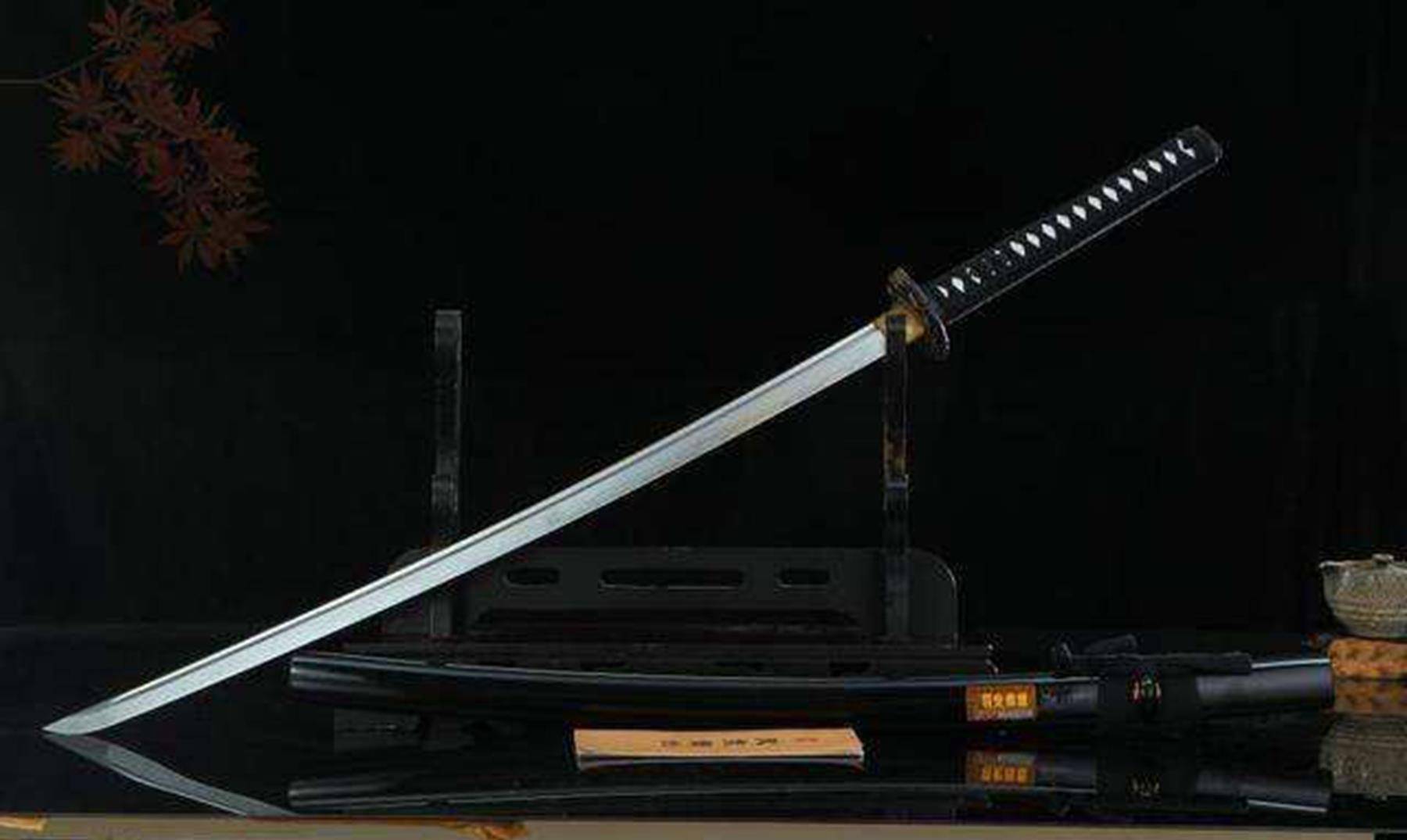Alloy steel stands as a pillar of strength and versatility in the vast landscape of metallurgy. Derived from the fundamental composition of carbon steel, alloy steel gains its exceptional characteristics through the addition of various alloying elements. These elements, including but not limited to silicon (Si), manganese (Mn), tungsten (W), vanadium (V), titanium (Ti), chromium (Cr), nickel (Ni), and molybdenum (Mo), are tailored to enhance specific properties such as strength, toughness, hardenability, and weldability. This article delves into common types of alloy steel and their properties.
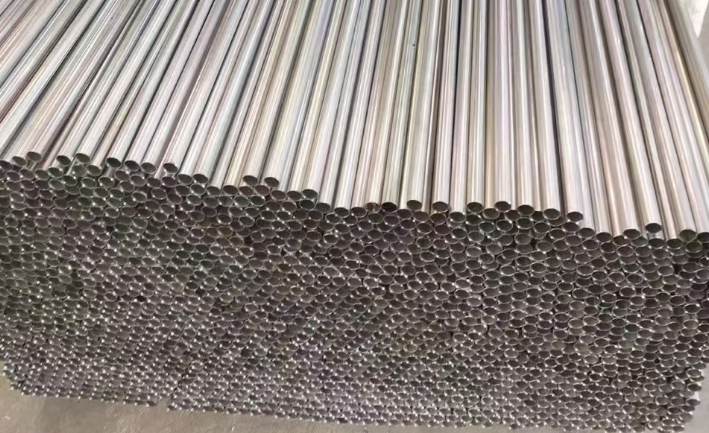
Common Types of Alloy Steel and Their Properties
Low Alloy Steel
Low alloy steel, with an alloy content below 5%, offers a cost-effective solution for applications requiring improved mechanical properties over carbon steel. The addition of small amounts of alloying elements, such as manganese and silicon, enhances the strength and ductility of these steels, making them suitable for construction, automotive, and machinery applications.
Medium Alloy Steel
Medium alloy steel, with an alloy content ranging from 5% to 10%, strikes a balance between strength and cost. Chromium and nickel are common alloying elements in this category, imparting enhanced corrosion resistance and toughness. Medium alloy steels are often used in the oil and gas industry, as well as in the manufacturing of heavy machinery and tools.
High Alloy Steel
High alloy steel, boasting an alloy content exceeding 10%, offers the most advanced properties of the alloy steel family. Chromium, nickel, molybdenum, and tungsten are frequently used in high alloy steels, resulting in excellent corrosion resistance, high-temperature strength, and wear resistance. These steels are critical components in aerospace, chemical processing, and power generation industries.
Alloy Structural Steel
Alloy structural steels are designed for applications requiring high strength and toughness. They are commonly used in the construction of bridges, buildings, and other heavy-duty structures. The addition of alloying elements such as vanadium and titanium improves the hardenability and toughness of these steels.
Alloy Tool Steel
Alloy tool steels are known for their excellent hardness, wear resistance, and hot hardness. They are the backbone of the tool and die industry, where precision and durability are paramount. High carbon content and the addition of elements like tungsten and chromium contribute to the remarkable performance of these steels.
Specialty Alloy Steel
Specialty alloy steels are tailored to meet the unique demands of specific applications. Stainless steel, for instance, is renowned for its corrosion resistance, making it ideal for use in food processing, medical, and chemical industries. Other examples include heat-resistant steels, which retain their mechanical properties at elevated temperatures, and wear-resistant steels, which excel in applications involving abrasive wear.
Properties of Alloy Steel
The properties of alloy steel are largely determined by the type and amount of alloying elements present. Common properties include:
- Strength and Toughness: The addition of alloying elements enhances the strength and toughness of alloy steels, making them suitable for high-stress applications.
- Corrosion Resistance: Chromium, nickel, and molybdenum are effective alloying elements for improving corrosion resistance.
- Heat Resistance: Alloy steels containing chromium, molybdenum, and tungsten exhibit excellent high-temperature strength and oxidation resistance.
- Wear Resistance: Tungsten, chromium, and vanadium contribute to the wear resistance of alloy steels.
Conclusion
In conclusion, alloy steel is a versatile material that offers a wide range of properties tailored to meet specific application requirements. From low alloy steels used in construction to high alloy steels in aerospace, alloy steel continues to play a crucial role in the advancement of technology and industry.
Thank you for reading our article and we hope it can help you to have a better understanding of the common types of alloy steel and their properties. If you are looking for alloy steel suppliers and manufacturers online now, we would advise you to visit Huaxia Steel.
As a leading supplier of alloy steel from Shanghai China, Huaxia Steel offers customers high-quality carbon steel, tool steel, and alloy steel products at a very competitive price.

